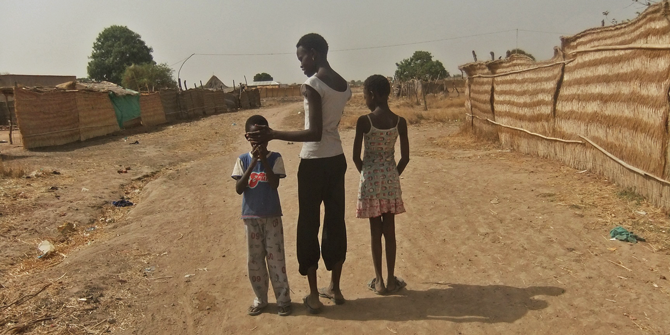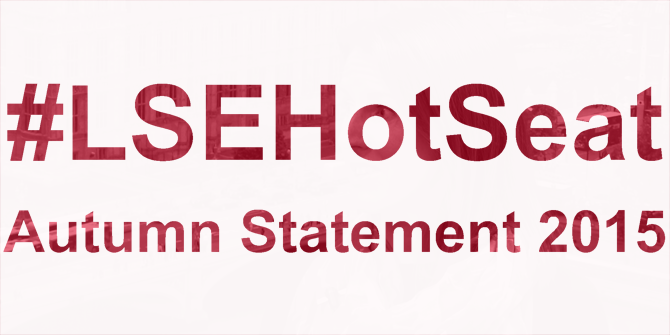The 2011 riots were partly the result of the social marginalisation of many of England’s young people. Cain Shelley details how conditions have worsened over the intervening decade.
For five days in August 2011, many towns and cities throughout England were the site of widespread looting, arson and running battles with the police. The largest episode of civil unrest in Britain since the previous English Riots of 1981, an estimated 15,000 people are thought to have taken part, many of them under the age of 25.
Discussing the summer of unrest that erupted across the United States in 1967, Martin Luther King Jr. famously described riots as “the language of the unheard.” Rioting certainly always requires a ‘flashpoint’ or ‘spark’: in 2011, this was provided by the shooting of a young Black man, Mark Duggan, at the hands of the Metropolitan Police, in circumstances which remain unclear to this day. But, according to King, it is persistent experiences of social marginalisation that help make rioting seem a reasonable response to such an event: it is usually only when groups feel their horizon of future possibilities to be highly constrained, that a violent lashing-out comes to seem a tenable option, from which there is little to lose.
Practically all of the academic reports into the causes of the 2011 riots at least partly confirm King’s analysis. Participants in the riots tended, for example, to be from some of the very poorest areas of England. Many of the young rioters had also failed to thrive in school, with exclusion a common occurrence. In addition, the employment prospects of many 16 to 24 year-olds were severely affected by the recession which followed the 2008 financial crisis. According to the Office for National Statistics, the youth unemployment rate between June and August 2011 stood at over 20%, more than double the rate of the UK average, and the highest figure reported since comparable records began in 1992.
Many of the young participants in the riots also reported a deep-seated distrust and antipathy towards the police, an agency whose practices (particularly the use of stop and search) they often regarded as central in reinforcing their sense of marginalisation and hopelessness. Duggan’s shooting in particular was seen by many participants in the riots as reflective of the police’s disregard for the lives of many of the citizens they are charged with protecting. Duggan was, after all, just the latest name to join a long list of working class people of colour killed or seriously injured by the Metropolitan police in highly contested circumstances, including Cherry Groce, Cynthia Jarrett, Joy Gardner, Roger Sylvester and David “Smiley Culture” Emmanuel.
Sometimes, as the political philosopher Avia Pasternak has noted, riots can contribute to the rectification of the social circumstances that bred them, usually by drawing awareness to the existence of injustices where they were previously overlooked. But what seems clear, a full decade on from riots of 2011, is that many of the social conditions that bred them remain in place.
For example, The Guardian recently reported that the national budget for youth workers and youth centres has seen cuts of over 70% since 2010. In terms of unemployment, some of the most concerning statistics remain basically unchanged. A recent report by the Resolution Foundation has found that over ten percent of young men occupied NEET status (signifying that they are not in employment, education or training) in 2000, and that this figure was still broadly the same for 2019. The research also makes clear that the young are the age group most likely to have lost their jobs due to the pandemic, with almost one in five 18 to 24 year-olds who were in employment before the pandemic no longer working. It is also deprived young people whose education has been most affected by the pandemic and the subsequent lockdowns. The government’s package to attempt to rectify these burgeoning inequalities in schools was recently termed “feeble” by their own ‘catch-up tsar’, who has resigned in protest.
Finally, there is little sign that police forces across the country have been successful in repairing their toxic relationship with many of England’s working class youths. The Metropolitan police, for example, continues to be plagued by scandals which prevent the generation of trust. Officers attending the scene of the brutal murder of Nicole Smallman and Bibaa Henry in 2020 took selfies with their bodies. 2017 saw the death of another young Black Londoner, Rashan Charles, in similarly contested circumstances where disproportionate force appears to have been deployed. And despite a police watchdog raising serious questions about the effectiveness of allocating so many officers and so much time to stop and search, the Met actually increased its use of this demeaning and discriminatory tactic during the pandemic, apparently stopping the equivalent of over a quarter of all young black Londoners.
As Tim Newburn, the lead investigator of the LSE’s Reading the Riots report has put it, far from contemplating the possibility that government policies might have played a role in generating the social marginalisation and hopelessness that spawned the riots, the primary response of the British government thus far has been “to use the riots to rationalise and promote its existing preferences”. If we take seriously King’s assertion that riots are a kind of attempted political communication, albeit a vague and unsophisticated one, then a pressing question for social scientists going forward is: what are the kinds of political and economic changes that need to happen to ensure that Britain’s young do not choose to speak in this way again? And how might they be implemented?
Note: this article gives the views of the authors, and not the position of the LSE Department of Government, nor of the London School of Economics.
Main image credit: Amber Kipp on Unsplash





